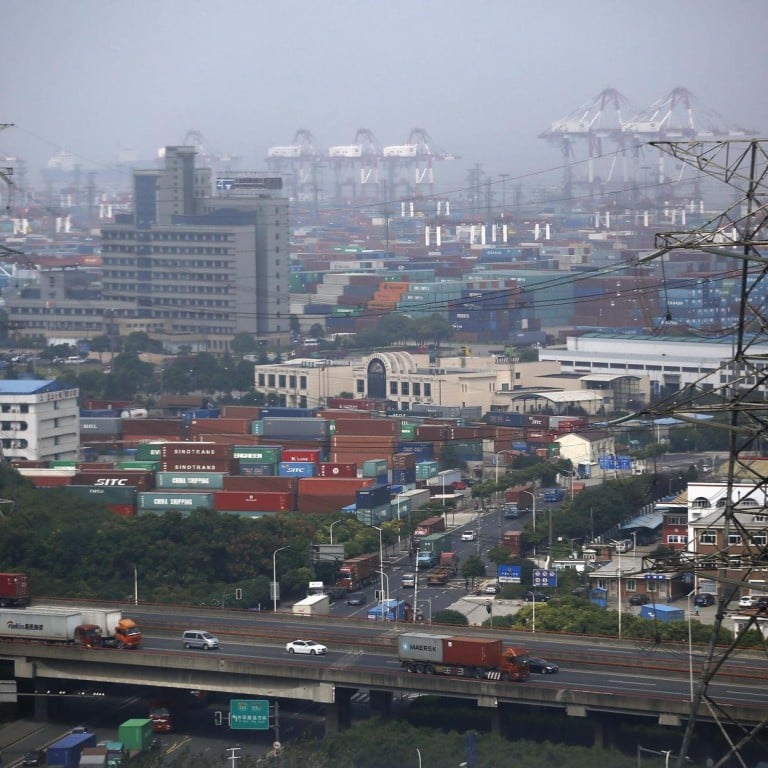
What Shanghai's brand new free-trade zone won't offer
While we're left guessing on what will be allowed, there won't be interest rates set by market and free flows of capital – at least at the same time
A day after the official launch of Shanghai's new free-trade zone we know little more about the project than we did a week before.
Despite the State Council's publication last week of a list of 18 business sectors that will enjoy regulatory dispensations in the new zone, the official statements released so far remain remarkably short on hard detail.
So with speculation raging undiminished, it's probably worth reminding ourselves about a few of the things the mainland authorities are not about to allow in their new laboratory of liberalisation.
In particular, there are two things we are not likely to see, and certainly won't see together: market-determined interest rates, and free flows of capital.
At first glance, that seems to contradict everything we have heard about Shanghai's free-trade zone. In the last few weeks finance sector analysts by the dozen have put out research notes forecasting interest rate and capital account deregulation.
And on Friday, the mainland government itself promised "interest rate liberalisation" and cross-border currency flows.
There is, however, a catch. Both will be allowed only "as long as the risk is controlled".
At first that might sound reassuring. But on examination, it's less than encouraging. After all, in Hong Kong our interest rates are set by the market, and capital washes in and out without let or hindrance. The government lets consenting adults get on with things without saying anything about controlling risks.
That's because Hong Kong is a free market. But with the mainland authorities dictating what risks companies should be allowed to run, Shanghai's free-trade zone will fall a long way short of that status.
To be fair, that's not a great surprise. If the regulators were really to allow the market to dictate interest rates in the new zone, local bank branches would naturally start competing to attract funds by raising their deposit rates.
That would immediately create an enormous arbitrage opportunity between the new zone and the rest of the mainland, where the government keeps deposit rates artificially low.
At the moment, the interest rate on three-month time deposits is 2.6 per cent, the same as the consumer inflation rate, which means savers get no return at all in real terms.
The interest rate on demand deposits, which is where most of China's household savings are held, is just 0.35 per cent, which means in real terms savers are losing money.
That suits the government, because it provides the state banking system with a vast pool of cut-price funds, allowing the banks to lend cheaply to state-owned companies while making handsome profits themselves.
Given the choice, however, China's depositors would naturally opt for higher returns. So if banks in the Shanghai free-trade area were to start offering competitive deposit rates, money would rapidly begin flooding out of the onshore banking system and into the new zone.
That could jeopardise the mainland's whole financial system, so there is no way it will be allowed to happen.
Either deposit rates in the new zone will be rigidly controlled, or, if banks are allowed more leeway to set their own rates, then the free-trade area will be strictly ring-fenced from the rest of the mainland's financial system to prevent uncontrolled outflows.
For much the same reason, Shanghai will not be allowed to become a conduit for unrestricted cross-border capital flows between the mainland and the rest of the world.
The financial authorities in Beijing simply cannot risk allowing uncontrolled flows to develop. The mainland's financial system is too fragile.
So even without knowing many details, the one thing we can say with certainty about Shanghai's free-trade zone is that trading there won't be free.

